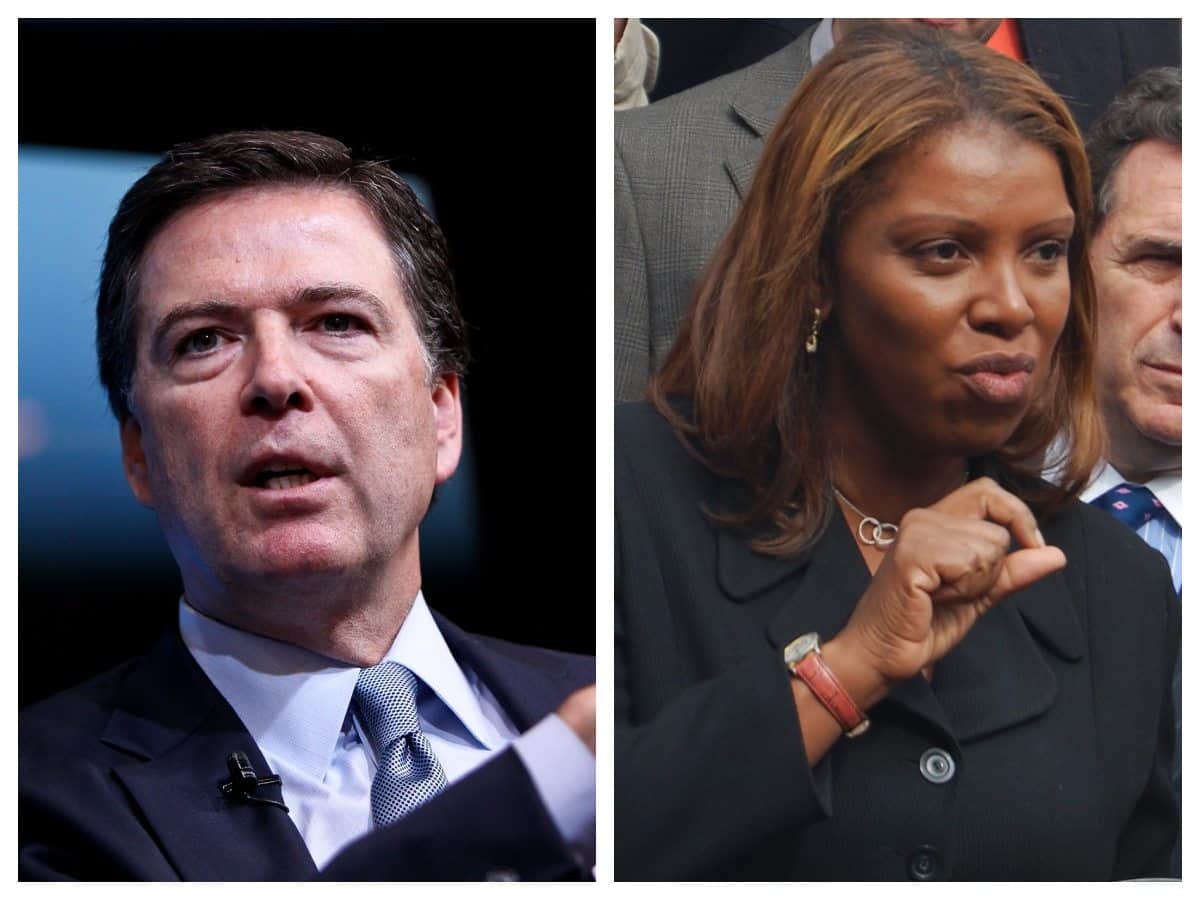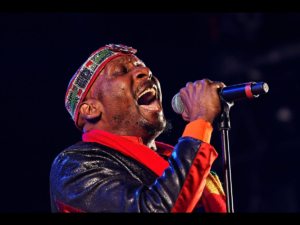A federal judge has dismissed the cases against former FBI Director James Comey and New York Attorney General Letitia James.
U.S. District Judge Cameron McGowan Currie issued dual rulings that immediately pause the government’s efforts to pursue the politically charged indictments. Her decisions amount to an unusually sharp judicial reprimand, faulting the administration for elevating an inexperienced loyalist to a key federal post without the authority required by law.
Currie made clear that her orders do not evaluate the accusations against Comey or James. Instead, they focus on the Justice Department’s method of placing Lindsey Halligan in the interim U.S. attorney role in the Eastern District of Virginia. Defense teams for both defendants argued that the appointment violated federal statute. Currie sided with them, concluding that Halligan’s elevation could not stand and that the prosecutions built under her authority must be scrapped, AP reported.
“All actions flowing from Ms. Halligan’s defective appointment,” including securing and signing the indictments, “were unlawful exercises of executive power and are hereby set aside,” she wrote.
The White House pushed back within hours. A spokeswoman insisted the decisions will “not be the final word on the matter,” while Attorney General Pam Bondi announced at a separate news conference that the department is preparing an “immediate appeal.” Officials also signaled that they may attempt to revive the cases through new filings.
The dispute over Halligan’s appointment is just one part of a broader series of legal challenges from Comey and James. Both have maintained that the prosecutions themselves were politically motivated. Comey’s team recently highlighted findings of grand jury irregularities and errors by Halligan, while James has cited “outrageous government conduct” leading up to her indictment.
Comey responded publicly after the ruling. “I am grateful that the court ended the case against me, which was a prosecution based on malevolence and incompetence and a reflection of what the Justice Department has become under Donald Trump, which is heartbreaking,” he said in a video message. He has pleaded not guilty to charges of making a false statement and obstructing Congress.
James offered her own reaction, noting the national backing she has received. “I am heartened by today’s victory and grateful for the prayers and support I have received from around the country,” she said. She reaffirmed that she remains “fearless in the face of these baseless charges as I continue fighting for New Yorkers every single day.” She has pleaded not guilty to mortgage fraud allegations.
At the center of Currie’s opinion is the unusual route the administration used to install Halligan, a former White House aide with no background in prosecuting cases, to run one of the Justice Department’s most prominent offices. Her appointment came only after the previous interim U.S. attorney, Erik Siebert, resigned under pressure from officials who wanted charges brought against Trump’s political rivals. Trump had publicly declared he wanted Siebert “out.”
READ ALSO: Trump denies instructing DOJ to target James Comey, John Bolton, and Letitia James
The night after Siebert stepped down, Trump announced Halligan as his preferred interim leader and urged Bondi to act swiftly. On Truth Social, he wrote, “We can’t delay any longer, it’s killing our reputation and credibility” and “JUSTICE MUST BE SERVED, NOW!!!” Comey was indicted three days after Halligan took office, followed by James two weeks later.
Defense lawyers argued that federal law grants an attorney general only 120 days to appoint an interim U.S. attorney and that this window had closed. Currie agreed, writing that the countdown began when Siebert became interim U.S. attorney on January 21, 2025, and expired on May 21. The judge said the administration had no authority to name Halligan thereafter, which rendered her service since September unlawful.
To reinforce Halligan’s role, the Justice Department later revealed that she had also been designated a “Special Attorney,” a title seemingly intended to preserve the indictments. Currie rejected that workaround.
“The implications of a contrary conclusion are extraordinary,” she wrote. “It would mean the Government could send any private citizen off the street — attorney or not — into the grand jury room to secure an indictment so long as the Attorney General gives her approval after the fact. That cannot be the law.”
Currie opted to dismiss both cases without prejudice, which theoretically allows prosecutors to bring new charges. Whether they can is uncertain. Comey’s indictment was filed just before the statute of limitations expired. His attorney Patrick Fitzgerald argued that the judge’s decision “further indicates that because the indictment is void, the statute of limitations has run and there can be no further indictment.”
Although courts in other states have allowed cases to continue despite finding that interim U.S. attorneys were improperly serving, Comey and James contended that Currie needed to go further because Halligan herself handled all of the grand jury presentations.
Comey’s long feud with Trump has been a defining feature of their political histories. As FBI director, he oversaw the bureau’s probe into possible ties between Russia and the Trump campaign during the 2016 election. Trump fired him in 2017 after months of escalating tensions.
READ ALSO: Letitia James pleads not guilty in Trump-fueled mortgage fraud case
James has likewise clashed with Trump, most prominently after securing a large civil judgment against him and his company for financial fraud. Although an appeals court overturned the monetary penalty, which had climbed above 500 million dollars with interest, it kept the underlying finding of fraud intact.










